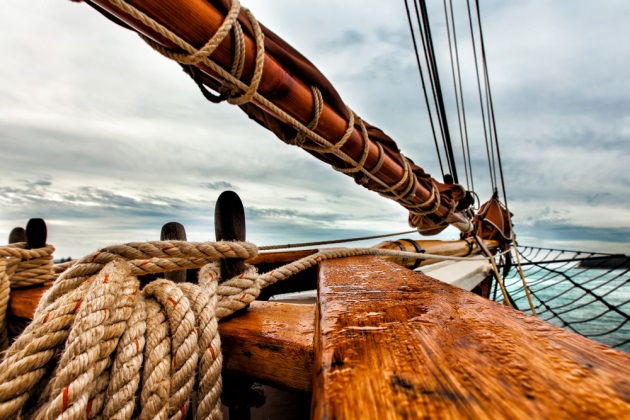New Orleans remains both a poor city and a major port. Boston continues to undergo rapid gentrification and has lost most of its identity as a port. Today Boston and New Orleans may seem like vastly different cities indeed, but for many generations this was not so.
For centuries, the two great American cities shared scores of similarities. Both were predominantly blue-collar, Catholic, cosmopolitan and provincial at the same time, relatively diverse (compared to the surrounding region) major ports. Both cities still share a heritage of seagoing and a love of the sea and seafood. It’s a heritage that stretches back for three to four centuries in both cities. The legions of fishermen and oystermen have not abated in Southeast Louisiana, and sailing and boating holds strong in New England, if largely for the affluent. Yet sadly, the once vast fishing fleets, oystermen, and lobstermen are lessening by the year in New England, where fishing and boating costs, regulations, and overfished zones continue to increase. I wanted to commemorate, celebrate the seagoing heritage of that region, a heritage that has given sustenance and wealth to many, though it has also taken many lives.
Thus, it is completely understandable that the protagonist of Water Lessons, Jim Scoresby, can grow up in and near New Orleans, sailing and boating, and be familiar with a variety of boating techniques and terms, and suddenly relocate to a region where such knowledge is frequently used, with a heritage with which Jim can identify.
My days boating in Louisiana with my father, brother and friends on the Tchefuncte and Tangipahoa Rivers and in Lake Pontchartrain (the second largest saltwater lake in the United States) came in good use. So did my sailing, later on, in 2006 and 2007 on Maine’s Royal River and off the central Maine coast with good friends David and Demian Perry, Amy Miller, and Commodore George Grove. So did my travels to Nantucket and Martha’s Vineyard. The sea and sailing and everything nautical, especially in New England, were my great interests and they were key in inspiring this novel. The symbol of water itself was inspiring—that element which gives life and enjoyment, that also gives death, as it can to seafarers, and in storms, as we saw during Hurricane Katrina.
I should share another thing that inspired my writing of Water Lessons. Though celebration of the sea and seagoing was popular in the nineteenth and early twentieth century, as we see with Melville and Conrad, it tapered off soon after that. I wanted to bring a bit of that back: the celebration of the nautical and all that the sea brings. I feel confident that my readers will–if they don’t already–feel the same passion.





Just wanted to say how privileged I feel to now have an autographed copy of Water Lessons. I know Chad is going to be famous some day and I am looking forward to his next book. Thoroughly enjoyed Water Lessons.
Linda